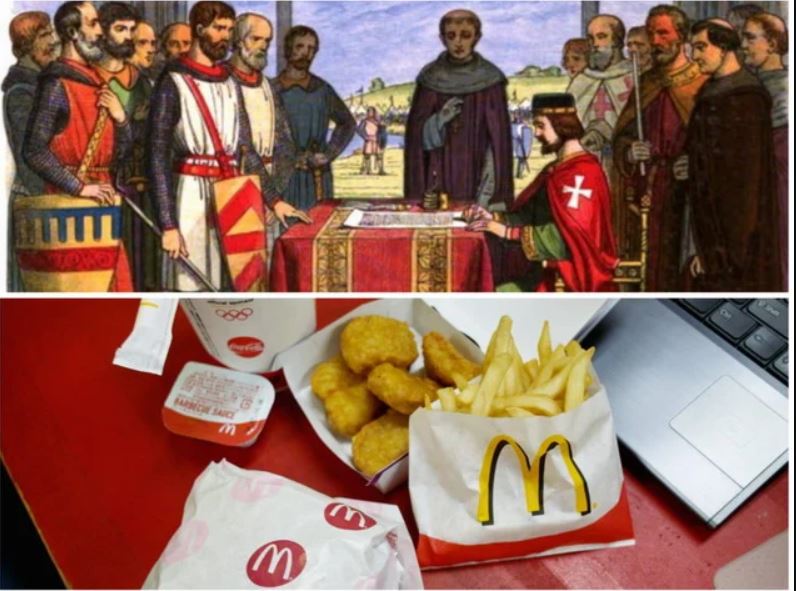After the Second World War, when many countries in Asia and Africa were freed from the colonial yoke, and representatives of the political elite and theoreticians in the West began to think about what should happen to these countries (plus the countries of Latin America).
It was decided that it was the so-called “Third World” that needed to be modernized. In that matter, the West had a serious competitor, the Soviet Union, which also wanted to modernize these countries, but in such a way that they would come under its influence, the USSR, or, as it was formulated at the time, “stand on the way to building socialism.”
It must be said that the “Third World” countries showed dry pragmatism in this matter. On the one hand, they pretended that they care about Marxism, and on the other hand, they proved that they have no life without market relations. Leaving that interesting topic aside, let’s note that in the 1960s, the problem of modernization began to be seriously discussed in the West by political scientists. What they said was: modernize.
a/ It implies urbanization, secularization, and westernization (let’s admit, the Armenian translations of those international terms sound somewhat artificial) and b/ it is an irreversible process.
Read also
Subsequent developments have shown that both of these points are at least questionable. Let’s start with the second one, the denial of which will make the effectiveness of the remaining steps moot. That modernization is not irreversible is shown by the example of Afghanistan. For the modernization of that country, the Western coalition has spent 2-3 trillion dollars, according to various estimates, over thirty years. A significant part of that money went, naturally, into the pockets of Afghan officials. But even corruption aside, these officials, as the British magazine The Economist wrote (August 22, 2021 issue), were building “Potemkin villages” to show Americans, but there was no modernization underneath. For example, a huge Ministry of Justice building was built in Kabul, with many departments and a crowded bureaucracy.
But it was just a sham, after all, everything was solved by clan ties and “Baksheesh,” as it was customary for centuries. As soon as the Americans left, everything fell apart very quickly, and when the Kalashnikov-wielding Taliban approached the capital on August 11 last year, the Afghan army, armed with the latest American weapons, surrendered.
The generals (the same clan leaders) went about their business, and President Ashraf Ghani fled the country. By the way, as The Economist writes, similar “Potemkin villages” were built by the North Vietnamese authorities in the mid-1970s. In short, modernization (if we understand it as a set of measures applied in the West) was not irreversible in Afghanistan. And the question arises: maybe the nations and different tribes living in that country do not need any urbanization, secularization, and westernization?
If these people want to live in their rural communities, with their own mullahs and organize their lives with “Baksheesh,” then why did they need the efforts of Britain, then the Soviet Union, and finally the United States?
The material investments that were made in the countries of the “Third World” in many cases did not contribute to economic development or democracy, on the contrary, through them the ruling elites were enriched and strengthened their power. The experience of the “Third World” is not fully applicable to our post-Soviet countries.
Urbanization and secularization had already taken place during the Soviet years. Another question: can we talk about these processes only as a positive phenomenon? In particular, can seventy years of atheism and the cynicism fostered by it be considered contributing factors to modernization?
The problem of Westernization is more complicated, although what is meant by it? If we consider the external manifestations of the West, then here at least the “conquests” of us Armenians are undeniable. When it comes to Western liberal values, we still have a long way to go. As American political scientist Samuel Huntington aptly put it, “The essence of Western civilization is the Magna Carta, not McDonald’s.” The whole question is, do we want to modernize in that deep, cultural sense?
Aram Abrahamyan




























































